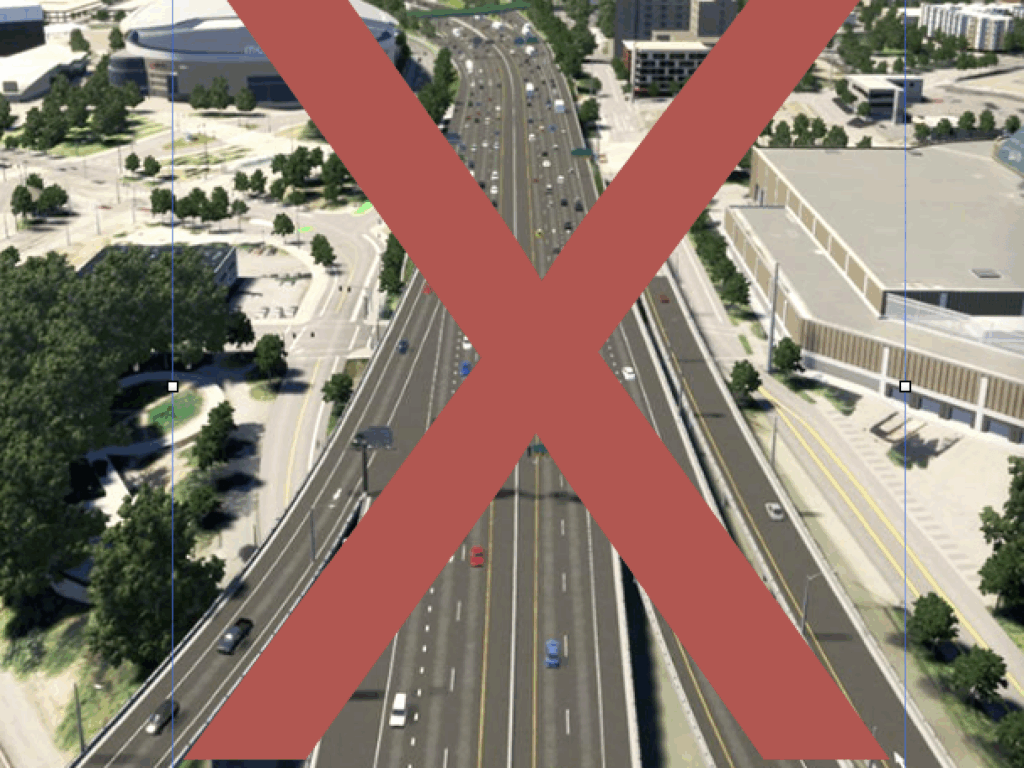Three years ago–on October 15th, 2014–we launched City Observatory, a data-driven voice on what makes for successful cities. Since then, we’ve weighed in daily on a whole series of issues set in and around urban spaces. So today, we’re taking a few moments to celebrate our birthday, reflect back on the past year, and plot a course forward.

Our fair city.
Once upon a time, it was all about “The City Beautiful.” But today, our focus should turn, rightly, to “The City Just.” Can we build communities that are not merely economically prosperous, but which are also diverse, inclusive and which foster widely shared opportunity?
We firmly believe that cities are the places of opportunity. Cities, when they work well, reduce the distance between people, and foster all kinds of interactions. Sometimes these interactions lead to friction and conflict, but many, if not most of these interactions are beneficial and serendipitous, with demonstrable social and economic benefits.
While many of the ills of the modern economy are most apparent in cities–the rich and poor live closer to one another cities than anywhere else, it’s also the case the the cure for these ills lies is strengthening the function of cities. Cities are full of contrasts and paradoxes. Even when some measures, like income inequality, signal the local manifestation of a national problem, what’s happening on the ground in cities, where people from different strata of society are living and working and playing closer to one another than they are in less dense and more economically segregated suburbs, is a cause for optimism.
Riven as our nation currently is by all manner of social, economic and political divides, cities are the place where we can invest in the civic commons–the kinds of public and quasi-public spaces that bring many different kinds of people togehter and foster the kind of “bridging” social capital that can knit our country back together.
For these reasons, we’re fundamentally optimistic about cities, and we’ll be exploring these themes in the coming months. We’ve long recognized, for example, that racial and economic segregation are serious detriments to cities realizing their potential. We’ll flip this perspective on its head by looking at the urban neighborhoods around the country, and in virtually every metro area, which exhibit high levels of economic and racial/ethnic integration. They’re models of what we can to do built more inclusive places.
In a parallel vein, we’ll explore the strong common interests that cities, their businesses and their citizens have in pursuing mutually beneficial efforts to strengthen the civic realm. Its a tremendously encouraging time to be working in cities. We hope you share that view and will continue to follow our work at City Observatory in the coming year.

